Incorporating a variety of vegetables into your diet is one of the most effective ways to improve overall health and well-being. Vegetables are nutrient-dense foods that provide essential vitamins, minerals, antioxidants, and fiber, all of which play crucial roles in maintaining bodily functions and preventing chronic diseases. In the United States, a diverse selection of healthy vegetables is readily available, making it easier to enjoy a balanced and nutritious diet. Here’s a guide to some of the top vegetable choices that can enhance your health:
1. Leafy Greens
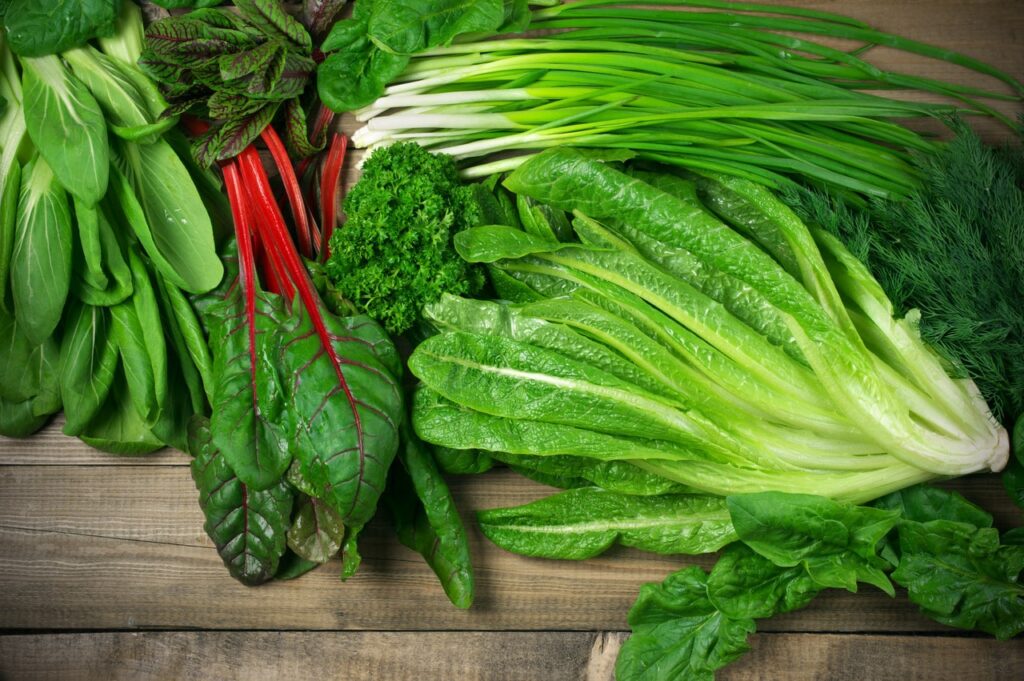
Leafy greens are among the most nutritious vegetables, offering a wealth of vitamins, minerals, and antioxidants with very few calories. They are essential for overall health and can easily be incorporated into a variety of dishes.
Top Choices:
- Spinach: Packed with iron, calcium, and vitamins A, C, and K, spinach supports bone health, boosts energy levels, and aids in immune function.
- Kale:Known for its high levels of vitamins A, C, and K, as well as antioxidants like lutein and zeaxanthin, kale promotes eye health and supports cardiovascular function.
- Swiss Chard: Provides vitamins A, C, and K, along with magnesium and potassium, which are beneficial for cardiovascular health and muscle function.
2. Cruciferous Vegetables
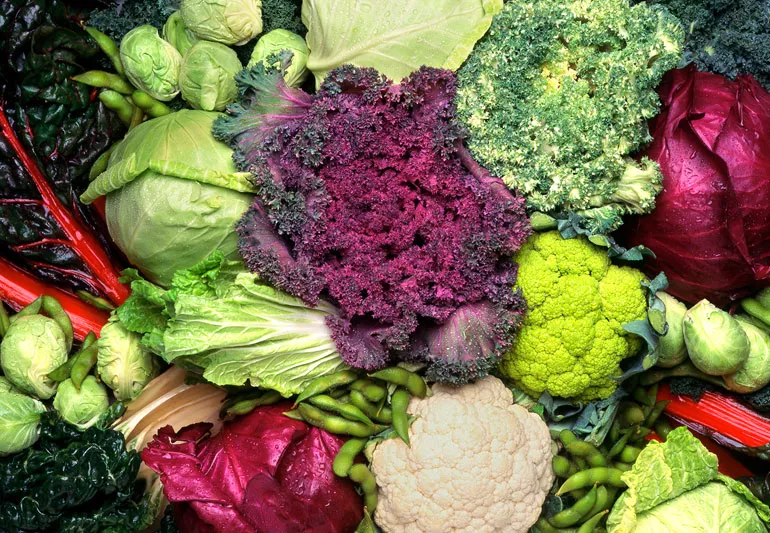
Cruciferous vegetables are renowned for their cancer-fighting properties and their ability to support overall health. They are rich in fiber, vitamins, and phytochemicals that offer various health benefits.
Top Choices:
- Broccol: High in vitamins C and K, fiber, and sulforaphane, broccoli helps reduce inflammation, supports detoxification, and promotes heart health.
- Brussels Sprouts: These mini cabbages are rich in vitamins C and K, folate, and fiber, and may help reduce the risk of certain cancers due to their high content of glucosinolates.
- Cauliflower: Versatile and low in calories, cauliflower provides vitamin C, fiber, and antioxidants, and can be used as a substitute for grains and legumes in various recipes.
3. Root Vegetables
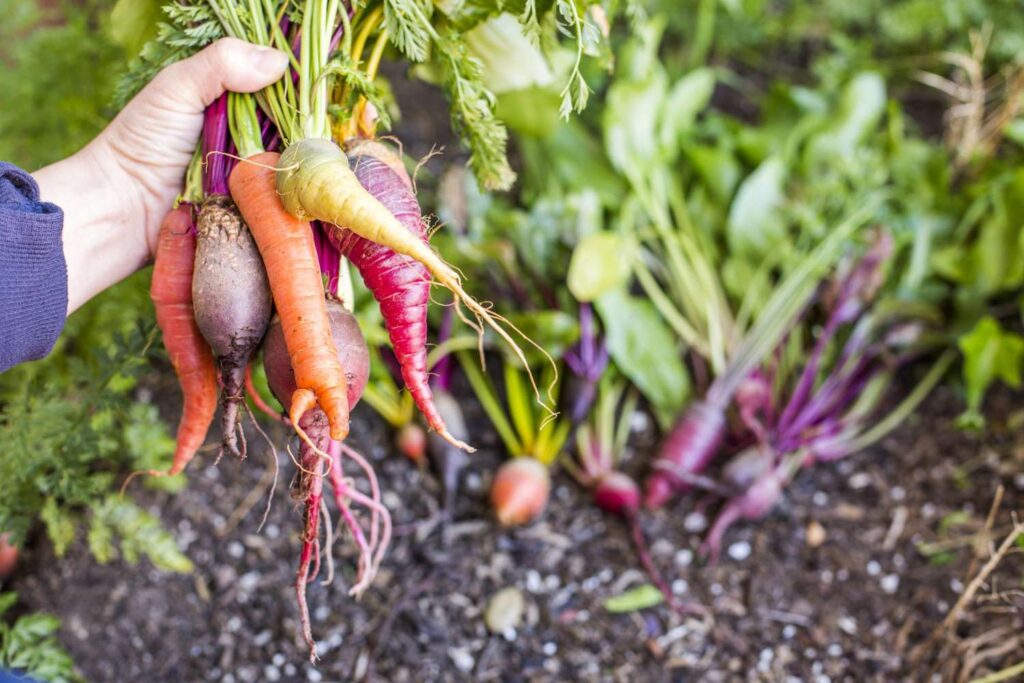
Root vegetables are hearty and nutritious, offering a range of essential vitamins and minerals. They are excellent sources of energy and fiber.
Top Choices:
- Sweet Potatoes: Rich in beta-carotene (which converts to vitamin A), vitamins C and B6, and fiber, sweet potatoes support healthy vision, immune function, and digestive health.
- Carrots: Known for their high vitamin A content, carrots promote eye health, skin health, and support the immune system. They are also a good source of fiber.
- Beets: Contain folate, manganese, and antioxidants like betalains, which support heart health, improve exercise performance, and aid in detoxification.
4. Allium Vegetables
Allium vegetables have been praised for their unique flavor and health-promoting properties. They can help support cardiovascular health and have anti-inflammatory effects.
Top Choices:
- Garlic: Offers allicin, which may help lower blood pressure and cholesterol levels, and has antibacterial and antiviral properties.
- Onions: Rich in antioxidants and compounds such as quercetin, which support heart health and have anti-inflammatory effects.
- Leeks: High in vitamins A and K, leeks support bone health and provide beneficial antibacterial properties.
5. Legumes
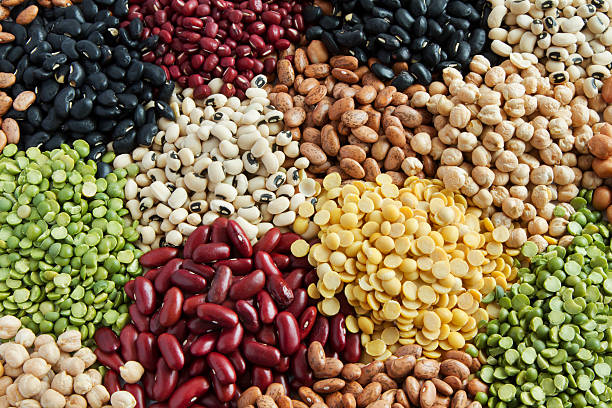
Legumes are a fantastic source of plant-based protein, fiber, and essential nutrients. They are great for digestive health and provide sustained energy.
Top Choices:
- Green Beans: Provide vitamins A, C, and K, and are a good source of fiber, supporting digestive health and overall wellness.
- Peas: High in protein, fiber, and vitamins A and C, peas help maintain muscle health, support the immune system, and aid in digestion.
- Edamame: Young soybeans offer protein, fiber, and essential nutrients like folate and iron, making them a nutritious snack or meal addition.
6. Nightshades
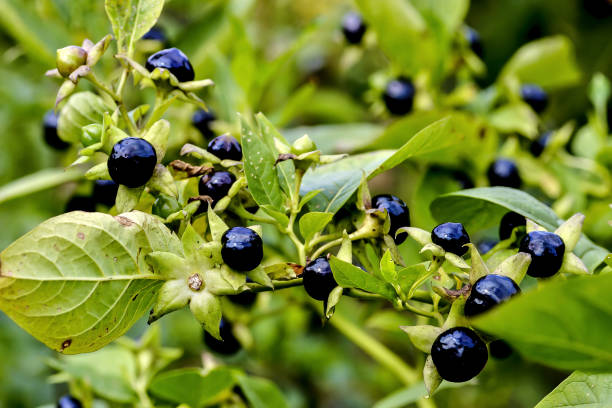
Nightshades are a diverse group of vegetables that provide essential nutrients and antioxidants, supporting overall health and well-being.
Top Choices:
- Tomatoes: Rich in vitamin C and lycopene, tomatoes support heart health and may help reduce the risk of certain cancers.
- Bell Peppers: High in vitamins A and C, and antioxidants that promote immune health and improve skin vitality.
- Eggplants: Contain fiber and antioxidants like nasunin, which support brain health and reduce inflammation.